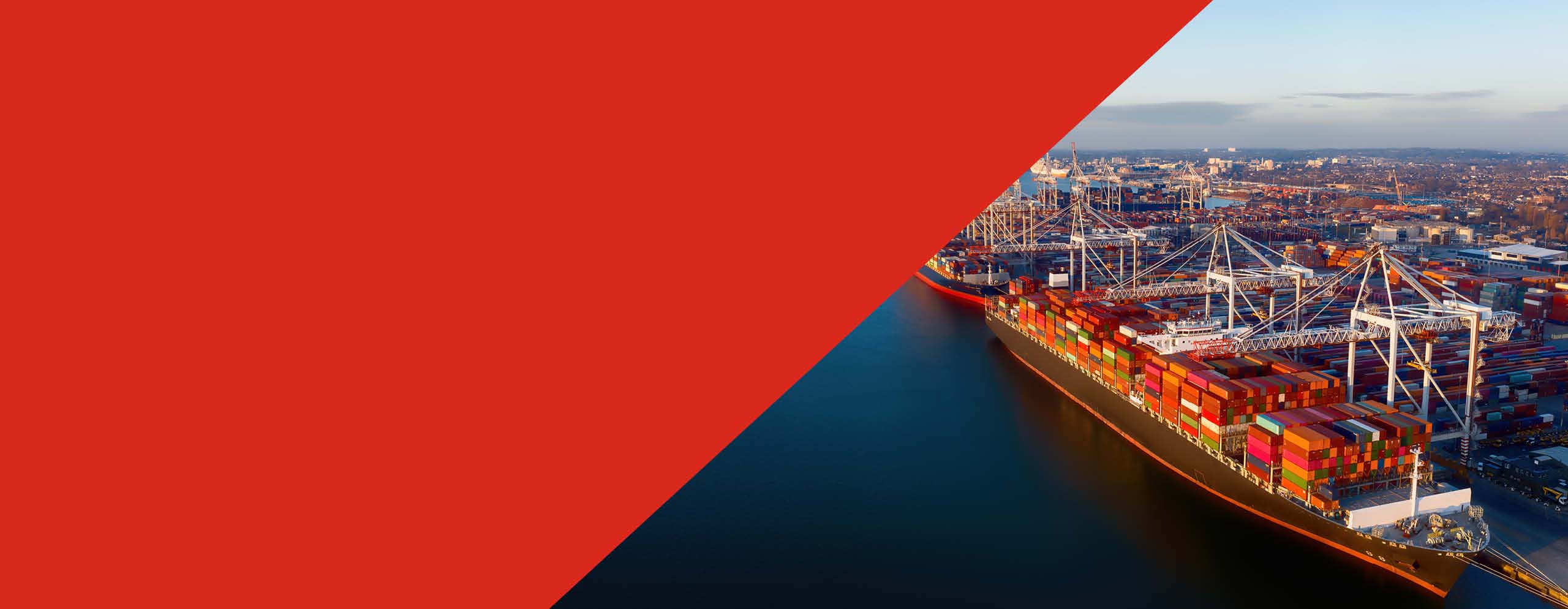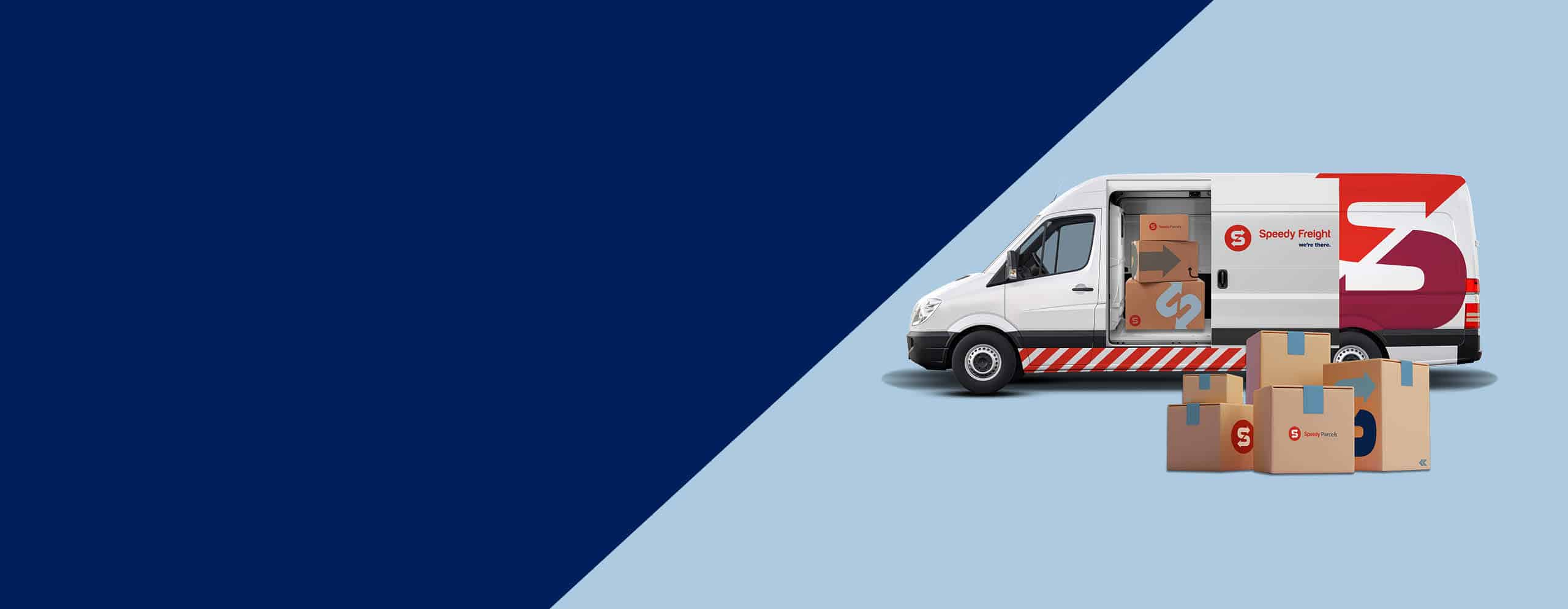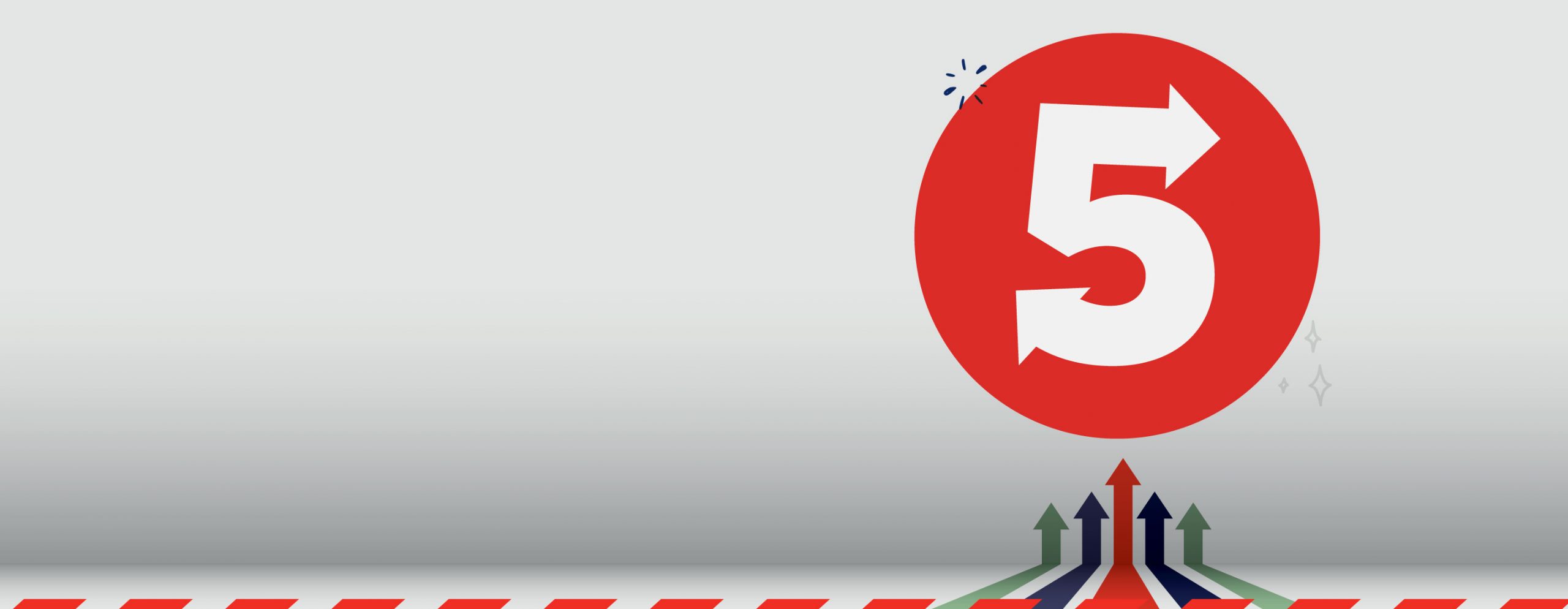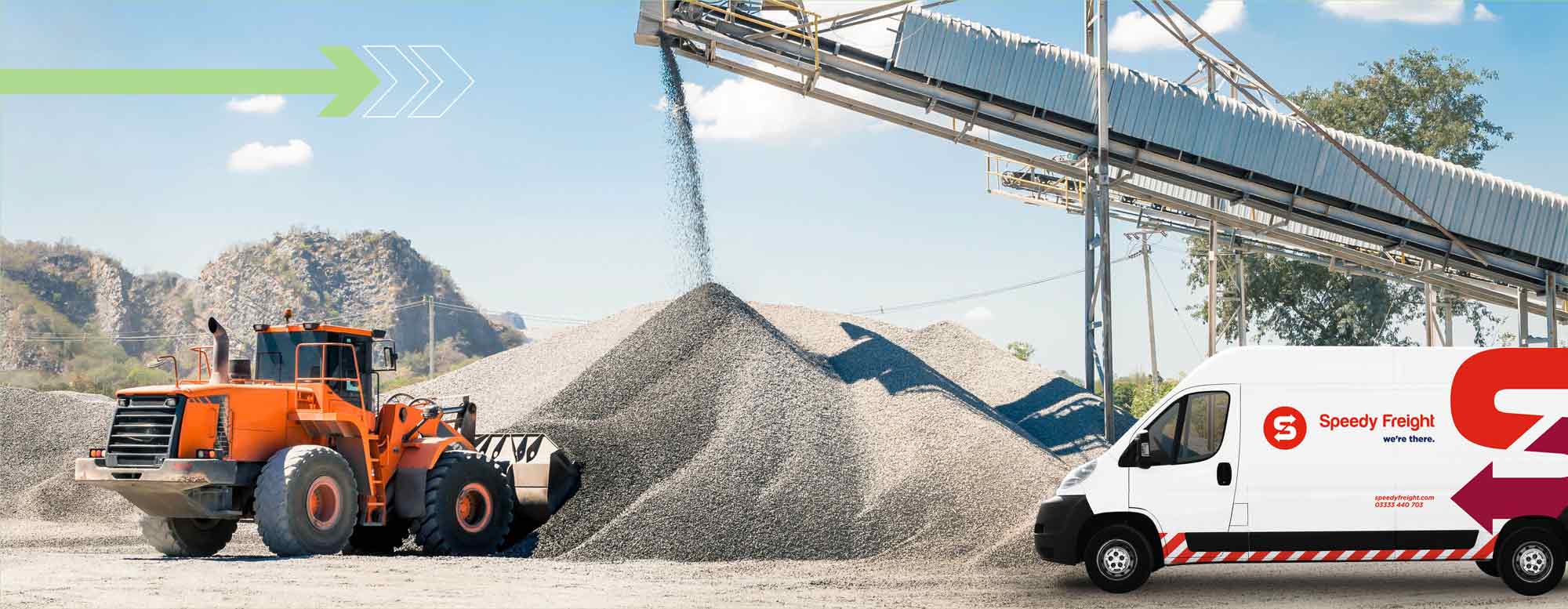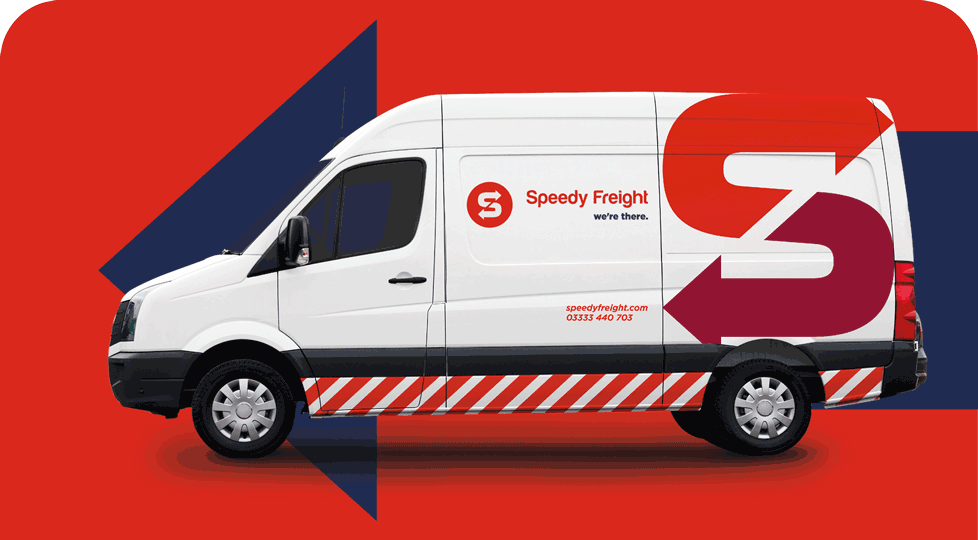The Border Target Operating Model (BTOM)
In 2024, the Border Target Operating Model (BTOM) will revamp current systems, focusing on risk categorisation, with an emphasis on biosecurity, safety, security, and public health goods. This involves changes and updates to border operations methods, new customs procedures and IT systems, along with updated requirements for declarations, pre-notifications, and inspections for sanitary and phytosanitary goods.
31 January 2024
- Introduction of health certification on imports of medium-risk animal products, plants, plant products and high-risk food and feed of non-animal origin from the EU.
- Removal of pre-notification requirements for low-risk plant and plant products from the EU.
- Removal of 999L waiver code for Customs Declaration Service (CDS) import declarations. Customers will need to provide relevant waiver codes to customs agents.
- Full customs controls and the requirement for pre-notification and certification for goods moved directly from Ireland via Irish ports to Great Britain.
- The first EU CBAM (Carbon Border Adjustment Mechanism) quarterly report must be filed by CBAM reporting declarants.
30 March 2024
- All businesses must have completed the move to the Customs Declaration Service (CDS). The CDS will now be the UK’s single customs platform and all businesses will need to declare goods through the service.
30 April 2024
- Introduction of documentary and risk-based identity and physical checks on medium risk animal products, plants, plant products and high-risk food and feed of non-animal origin from the EU.
- Existing inspections of high-risk plants/plant products from the EU will move from destination to Border Control Posts.
- Simplification of imports from non-EU countries, including removal of health certification and routine checks on low-risk animal products, plants, plant products from non-EU countries as well as reduction in physical and identity check levels on medium-risk animal products from non-EU countries.
1 July 2024
- The New Computerised Transit System (NCTS) Phase 5 goes live. Traders currently utilising the NCTS system are required to transition to NCTS5. This update will necessitate updates to transit documents.
30 September 2024
- Windsor Framework: Full ‘Green Lane’ will take effect for the movement of goods from GB to NI: full international customs requirements for traders are removed and simplified procedures apply.
31 October 2024
- Requirement for Safety and Security declarations for all imports into GB from the EU or from other territories where the waiver applies will come into force.
- Introduction of a reduced dataset for imports and use of the UK Single Trade Window will remove duplication where possible across different pre-arrival datasets – such as pre-lodged customs declarations.
31 January 2025
- Removal of 999L waiver code for Customs Declaration Service (CDS) export declarations, customers will need to provide relevant waiver codes to customs agents.
Glossary of Import and Export Terms
- Border Target Operating Model (BTOM): The BTOM introduces a new import model with updated Safety and Security controls for all imports and outlines revised Sanitary and Phytosanitary controls for imports of live animals, germinal products, animal products, plants, and plant products. It sets out how controls will be delivered through simplification, digitisation, and the UK’s new Single Trade Window.
- Windsor Framework: The Windsor Framework is the new approach to trade with Northern Ireland post Brexit. It has been created to allow smoother trade between GB and NI in the post-Brexit landscape with the new UK Internal Market Scheme (UKIMS), new ‘Green Lane’ arrangements and smoother supply of medicines.
- ‘Green Lane’ Movements: A new basis for trusted traders to move their goods through a new 'Green Lane'. To access the Green Lane processes, traders must be authorised under the new UK Internal Market Scheme (UKIMS).
- Customs Declaration Service (CDS): The Customs Declaration Service supports making import and export declarations when moving goods into and out of the UK. As of 30 March 2024, the Customs Declaration Service will be the UK’s single customs platform.
- 999L Waiver Code: The HMRC is withdrawing the CDS Universal Waiver code 999L, which is currently used on CDS import declarations. After 31 January 2024, this code can no longer be used for CDS imports. A list of codes replacing the universal 999L can be found here.
- NCTS5: The New Computerised Transit System (NCTS) is a system of electronic declaration and processing that traders must use to submit Common Transit declarations. The UK is an independent member of the Common Transit Convention (CTC). Under the terms of the Common Transit Convention, all members must move to NCTS5 by 1 July 2024. NCTS5 will provide benefits such as new and enhanced functionality to improve user experience.
- EU CBAM: The EU’s Carbon Border Adjustment Mechanism (CBAM) is a landmark tool to put a fair price on the carbon emitted during the production of carbon intensive goods that are entering the EU, and to encourage cleaner industrial production in non-EU countries.
- UK CBAM: The UK is taking rapid action on industrial decarbonisation to meet net zero. The UK Carbon Border Adjustment Mechanism (CBAM), which the government will implement by 2027, will place a carbon price on some of the most emissions intensive industrial goods imported to the UK from the aluminium, cement, ceramics, fertiliser, glass, hydrogen, iron and steel sectors.
Guidance for UK Importers and Exporters
For further information and to stay updated on these changes, refer to the following resources:
- Border Target Operating Model (BTOM)
- Windsor Framework
- Customs Declaration Service (CDS)
- NCTS5
- EU CBAM
- UK CBAM
Navigating these changes may pose challenges, but staying informed and adapting to the evolving import landscape is key for businesses engaged in international trade.
Contact Speedy Freight’s Import & Export Team
For personalised guidance and support for moving goods in and out of the UK, don't hesitate to reach out to Speedy Freight’s dedicated international team. Our team of experts are here to facilitate your business’s import and export requirements, ensuring smooth and efficient logistics operations.
Contact us today for tailored assistance in navigating the complexities of import and export processes and changes.
 EN
EN




